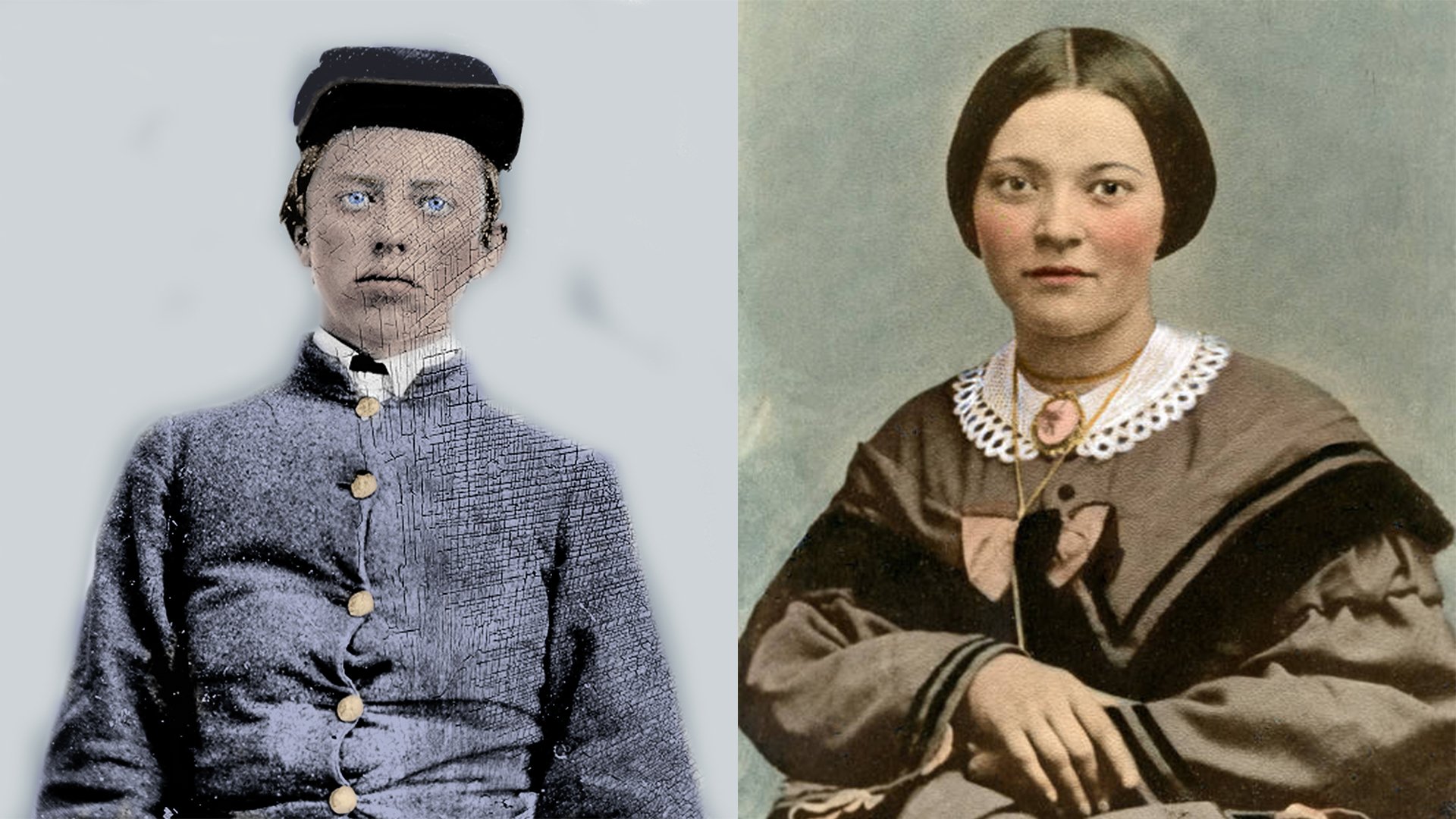
People
Learn about the Civil War in the Valley from the stories of the men, women, soldiers, and civilians that lived through it
Jubal A. Early
General 1816 — 1894
As commander of the Confederate Army of the Valley, Jubal Early temporarily drove Union forces from the Shenandoah in 1864 – and threatened Washington, D.C. itself – before being defeated in a series of battles that climaxed at Cedar Creek.
Jubal Early graduated from West Point in 1837. He commanded the 24th Virginia Infantry at the outbreak of Civil War, where he performed admirably and moved quickly through the ranks.
During the Second Battle of Winchester, June 14–15, 1863, Early led his division on a flanking march from Bowers Hill, located just southwest of Winchester, north to West Fort, a distance of nearly ten miles. Early’s flank march and attack on Union troops at West Fort on June 14 enabled Confederate forces to crush the Federal troops under General Robert H. Milroy.
Following the Second Battle of Winchester, he served with distinction in the Army of Northern Virginia and returned to the Shenandoah Valley in June 1864. He drove Union General David Hunter’s force from Lynchburg, Virginia, in mid-June. Early then pressed on down the Valley and over the Potomac to within sight of the dome of the United States capitol. On July 24, 1864, Early defeated the Federal force under General George Crook at the Second Battle of Kernstown.
His Valley Campaign had been a great success, but on September 19, 1864, Early met the overwhelming numerical force of General Philip H. Sheridan. Although Early’s men fought stubbornly throughout the day, Sheridan finally prevailed over Early’s command. Sheridan defeated Early twice more: at Fisher’s Hill on September 22, and then at the Battle of Cedar Creek on October 19. Early faced off with Sheridan again at Waynesboro, Virginia, in early March, but met final defeat.
General Early returned to Winchester in 1889 to speak at the Confederate Memorial Day ceremony. In his speech at the Stonewall Cemetery, he recounted his defeat at the Third Battle of Winchester and the courage of his soldiers. He thanked the women of Winchester and the Shenandoah Valley for their devotion to the Confederacy.
After the war, he returned to his law practice in Lynchburg, Virginia, and he became the first president of the Southern Historical Society. “Old Jube,” as he was frequently called, died in 1894.

